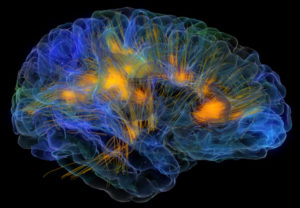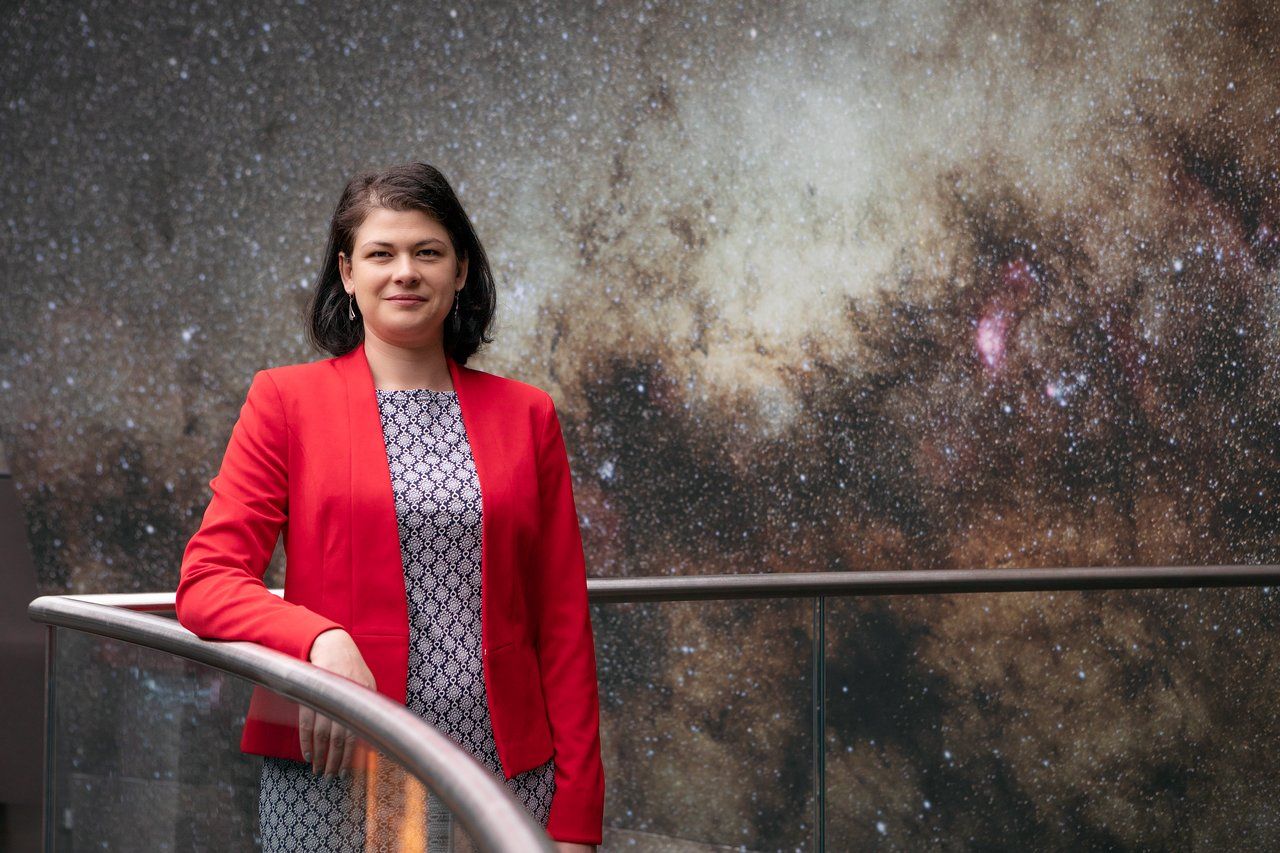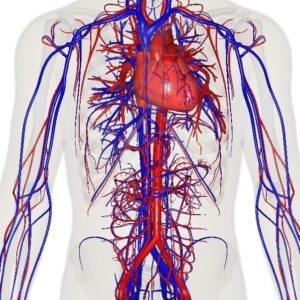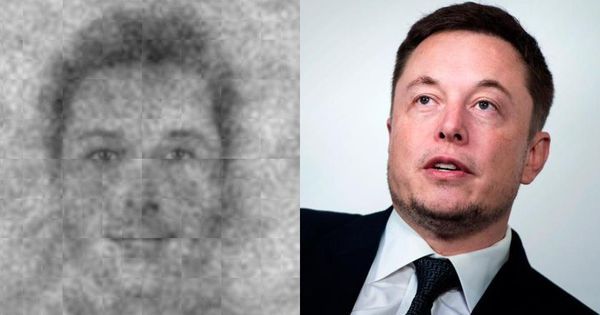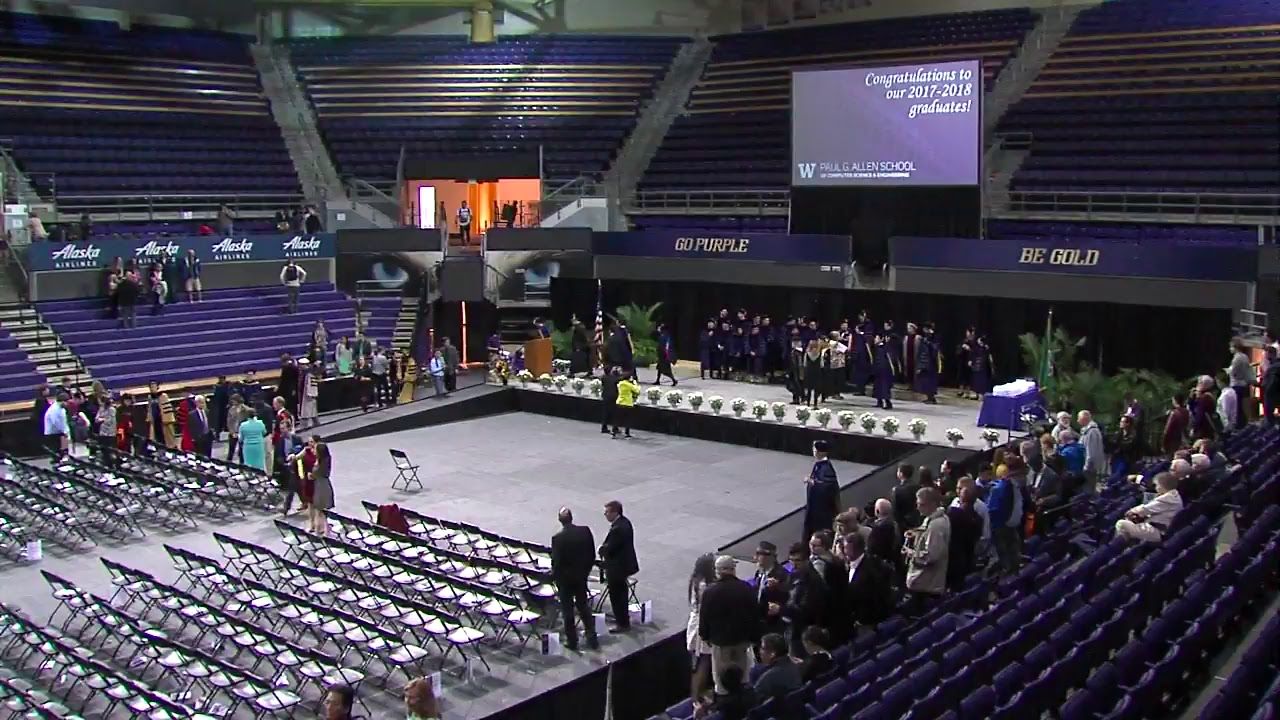Jun 20, 2018
The Limits of Neuroplasticity in the Brain
Posted by Nicholi Avery in categories: biological, neuroscience, science
New research shows that the brain‘s neuroplasticity isn’t as flexible as previously thought.
One of the brain’s mysteries is how exactly it reorganizes new #information as you learn new tasks. The standard to date was to test how neurons learned new behavior one #neuron at a time.
Carnegie Mellon University and the University of Pittsburgh decided to try a different approach. They looked at the population of neurons to see how they worked together while #learning a new behavior. Studying the intracortical population activity in the primary motor cortex of rhesus macaques during short-term learning in a brain–computer interface (BCI) task, they were able to study the reorganization of population during learning.
Continue reading “The Limits of Neuroplasticity in the Brain” »
